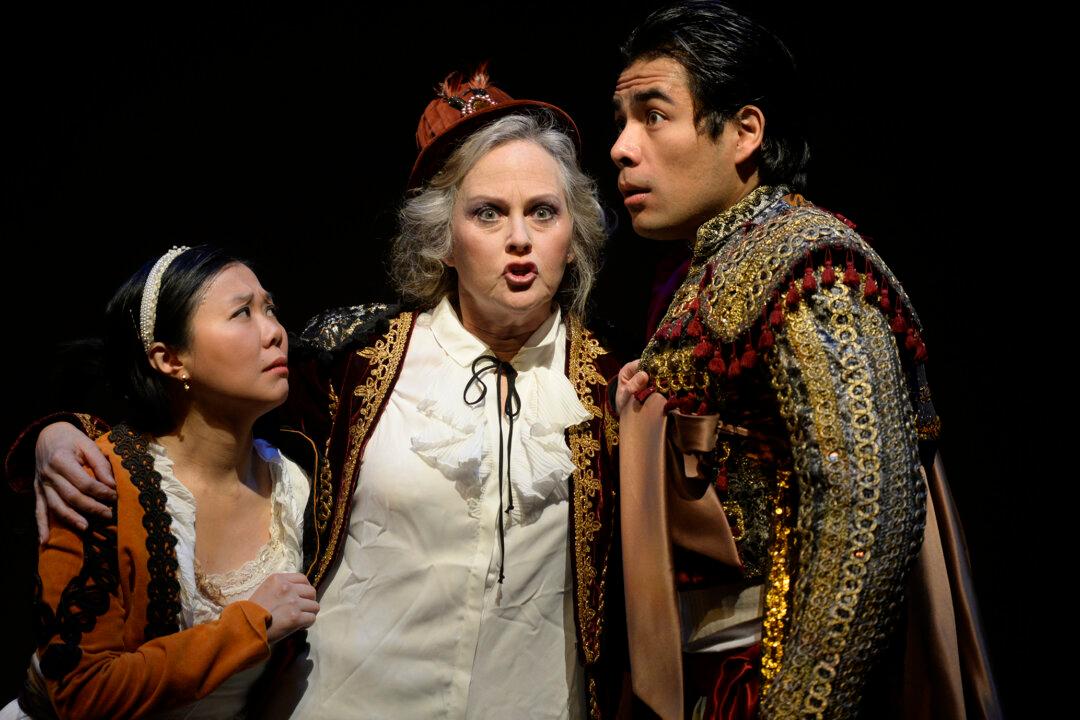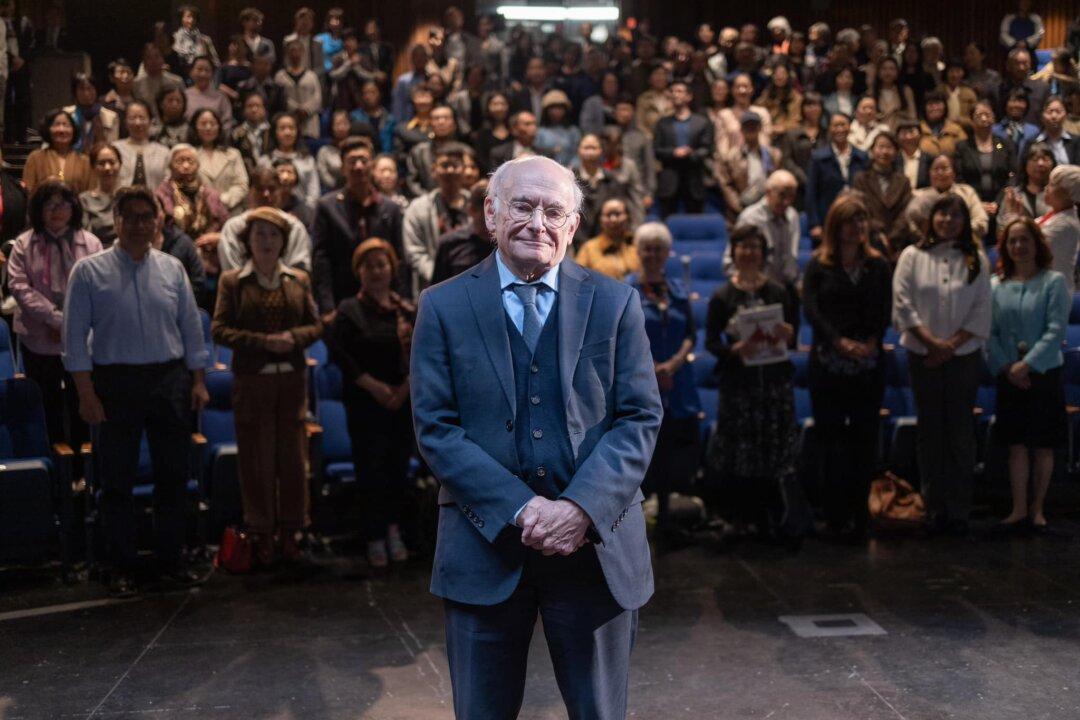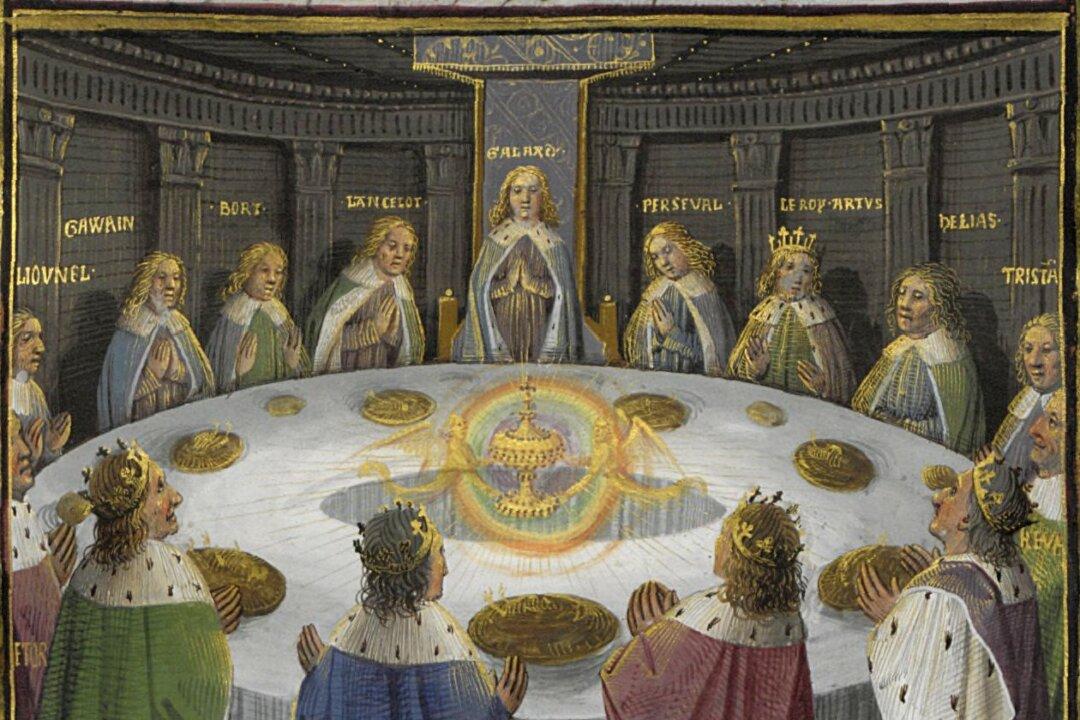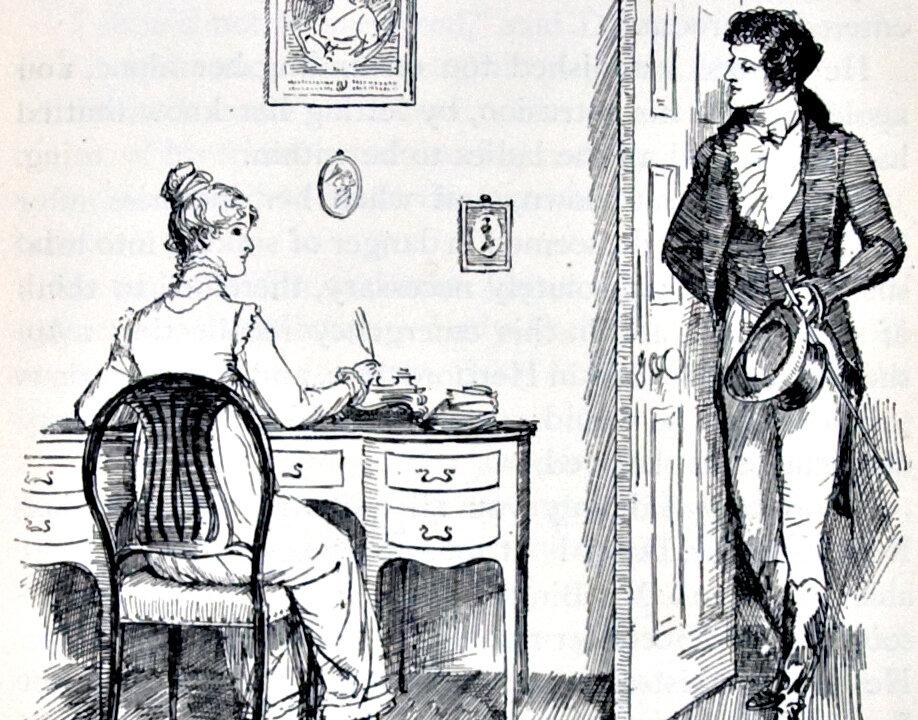The 100th anniversary of Leonard Bernstein’s birth is coming up in 2018, and this December and January the Toronto Operetta Theatre (TOT) is honouring the American composer by reviving his popular operetta “Candide.”
Composed simultaneously with Bernstein’s classic “West Side Story,” “Candide” premiered in 1956 on Broadway at the Martin Beck Theater. Composed simultaneously with Bernstein’s classic “West Side Story,” “Candide” premiered on Broadway in 1956. The operetta is based on the 18th-century satire by French philosopher Voltaire, and its popularity has endured due to its sharp wit, unabashed criticism of the corrupt aspects of human nature and society, and its study of people’s search for self-knowledge and truth.





